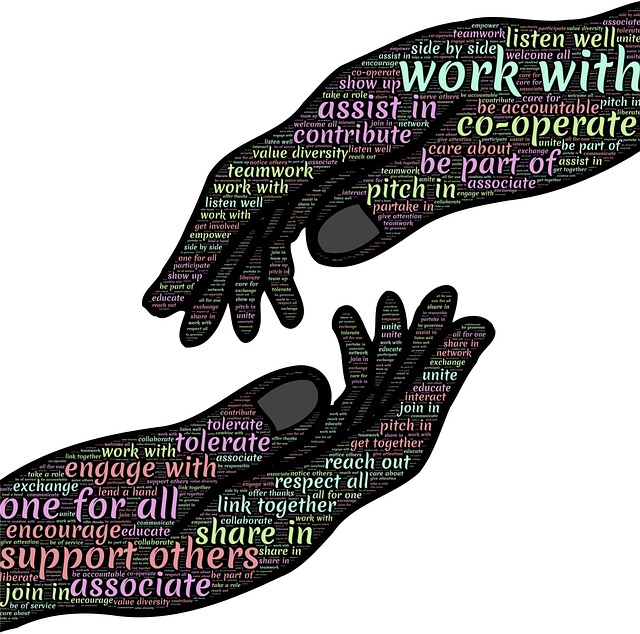Currently there is no evidence that people can get COVID-19 by eating or handling food.
It may be possible that people can get COVID-19 by touching a surface or object, such as a food
package or dining ware that has the virus on it and then touching their own mouth, nose, or
possibly their eyes. However, this is not thought to be the main way the virus spreads. Follow
food safety guidelines when handling and cleaning fresh produce. Do not wash produce with soap,
bleach, sanitizer, alcohol, disinfectant or any other chemical.
There is also no current evidence that people can get COVID-19 by drinking water. The COVID-19
virus has not been detected in drinking water. Conventional water treatment methods that use
filtration and disinfection, such as those in most municipal drinking water systems, should remove
or kill the virus that causes COVID-19.
